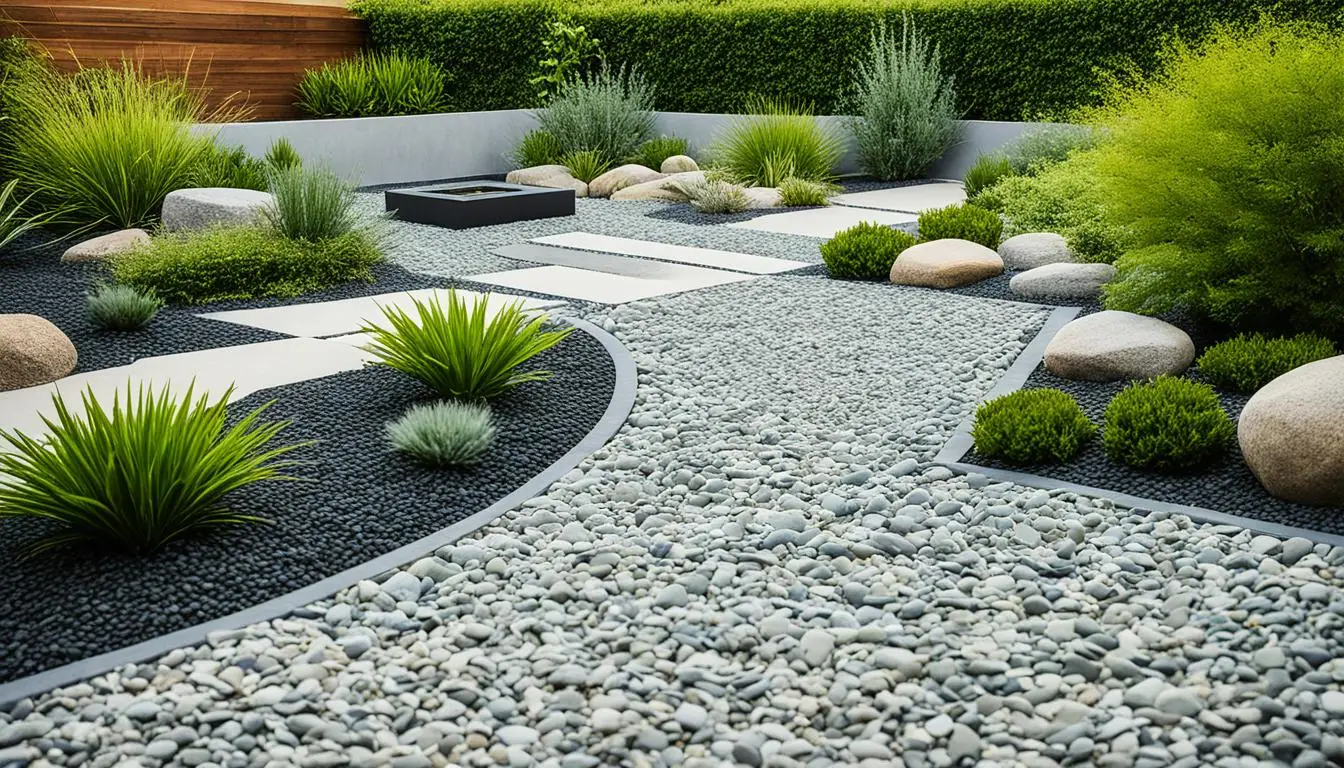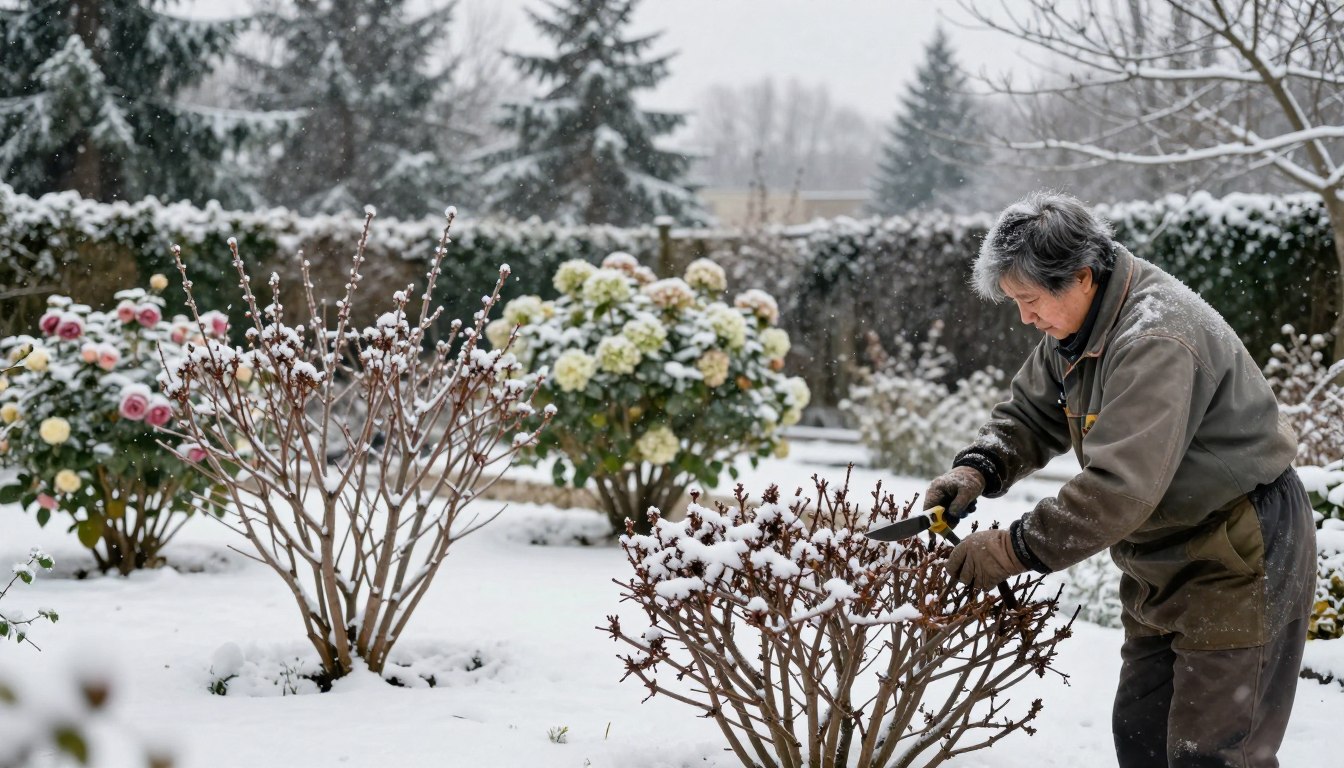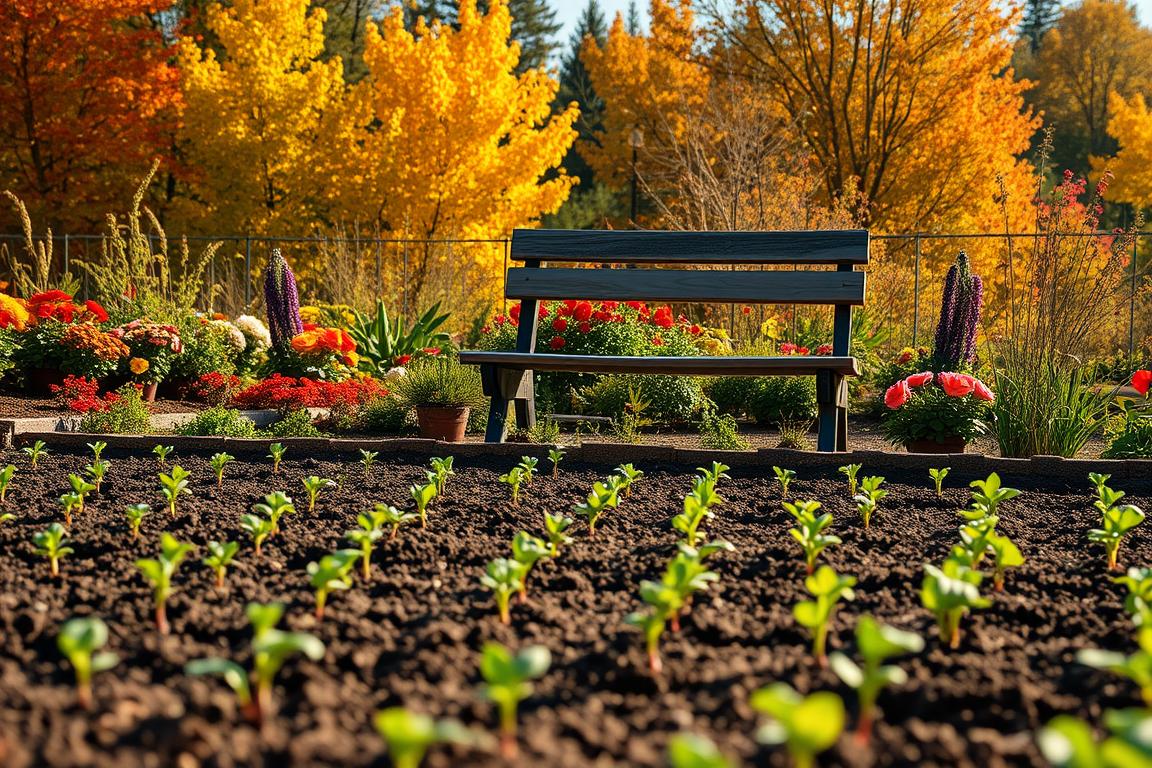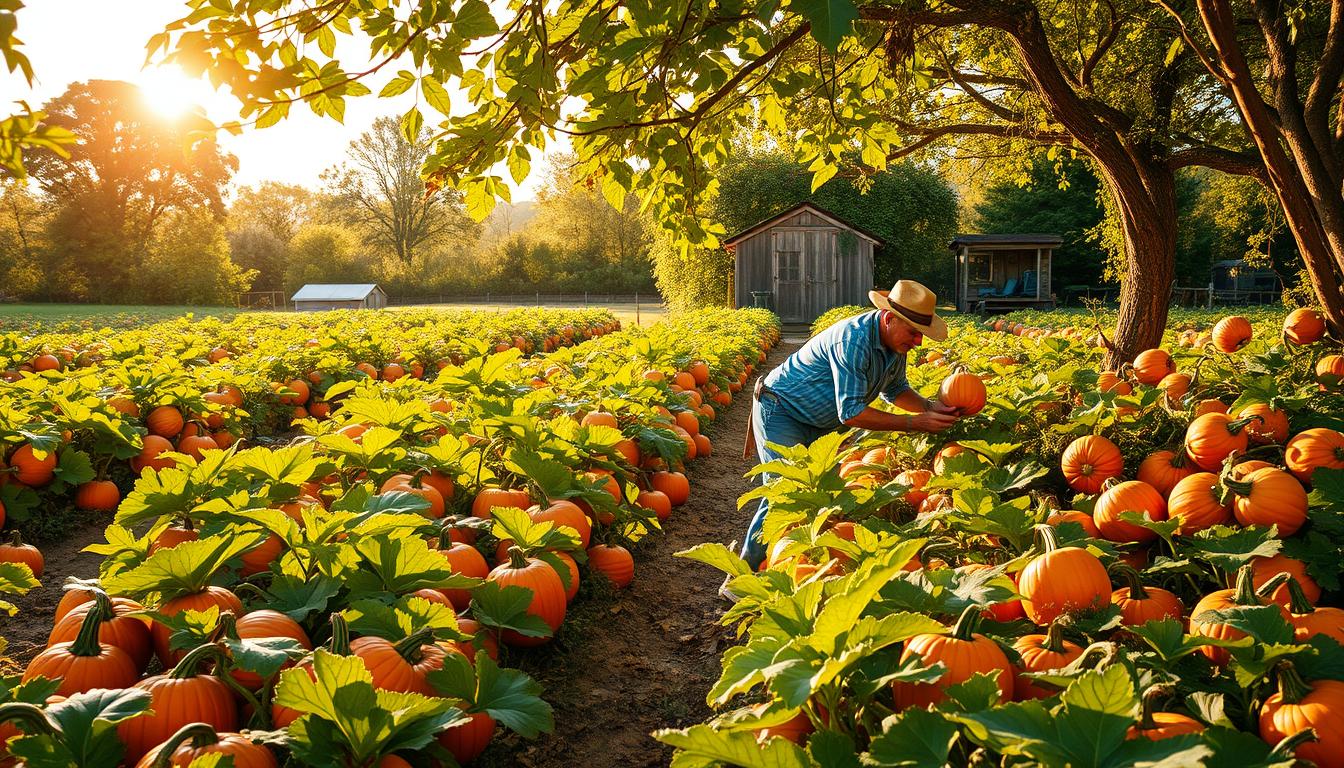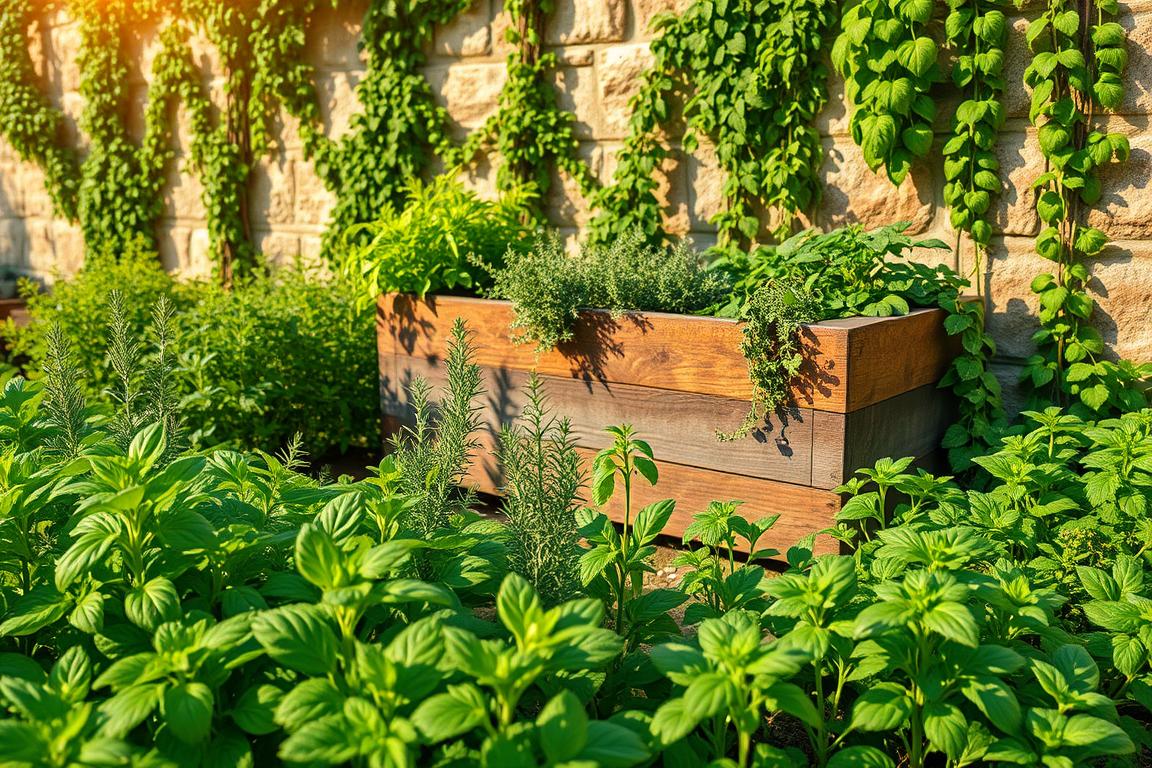The charm of a beautiful garden is clear, but it can be overwhelming to keep up with. Traditional garden designs often cause more harm to the environment. Now, as we walk into a new era, it’s time to change our ways. Let’s aim for sustainable landscapes that are kind to the earth. This article shows how to design a low-maintenance garden. It will recycle items, need less looking after, and be happy in its natural climate.
Key Takeaways
- Embrace a low-maintenance approach to gardening for a more sustainable and eco-friendly outdoor space.
- Prioritize drought-tolerant plants and reduce the need for constant garden maintenance.
- Incorporate design principles that minimize resource consumption and labor-intensive tasks.
- Leverage the natural characteristics of your local climate and soil to create a thriving, low-maintenance garden.
- Reduce the amount of time and effort required to maintain a beautiful and visually appealing outdoor oasis.
Rethinking Traditional Garden Design
It’s time to think beyond the usual garden designs for low maintenance. A more natural and cooperative design approach saves time and effort.
Opting for Big Beds over Small Ones
A wide, lush bed filled with plants needs less work than several smaller areas. Choosing big beds makes a garden both beautiful and easy to care for.
Letting Go of the Lawn
The traditional lawn needs a lot of care with frequent mowing and watering. Instead, try groundcover plants or meadows. They save time and effort.
Creating Deep Gravel Paths
Gravel paths are a smart choice for moving around the garden. They prevent weeds and help water drain easily. Plus, adding pavers can make the design more interesting.
Changing your approach and choosing plants wisely can make your garden thrive with little work. It’s all about making smart choices for a low-maintenance garden.
Establishing a Sustainable Foundation
Creating a beautiful garden starts with great soil. Feed your soil by adding compost. This makes nutrients easier for plants to use. Use compost tea to quickly improve your soil.
Keep your garden healthy by covering it with mulches. Use compost and well-rotted manure for moisture, balanced temperatures, and less weeds. Pick drought-tolerant plants that get along well in your area.
Feeding the Soil, Not the Plants
Skip the synthetic fertilizers and focus on your soil. Add compost and other organics. This creates a great place for plants to grow on their own.
Utilizing Compost and Mulch
Layer your garden beds with compost and mulch. This keeps moisture in, stops weeds, and regulates temperature. You’ll need to water less and work less hard.
Selecting Drought-Tolerant Plants
For an easy-to-care-for garden, choose drought-tolerant plants. Look for ones that naturally grow well in your area. They need less water and fit right into your environment.
Incorporating Low-Maintenance Features
To make a garden low-maintenance, add things that last and plants that are easy to care for. Use low-maintenance hardscape designs and pest-resistant plant varieties to cut down on work. You’ll have less to do but a lovely garden to enjoy.
Hardscaping with Permeable Materials
Choose strong materials like stone for areas like patios and walkways. This makes them last longer. For paths and steps, pick materials that rain can seep through, like gravel. This choice helps water flow into the ground and lowers the need for extra work.
Choosing Resilient Plant Varieties
Select plants that are easy to look after and can survive in many conditions. Go for pest-resistant varieties and those that like the local weather. When you plant local types and ones that live a long time, they need less from you.
Limiting High-Maintenance Elements
Stay away from plants that need lots of attention. Instead, design a yard that looks good without too much work. This way, you can relax in your garden without always needing to care for it.
Design Principles for “Creating a Low-Maintenance Garden Design”
Creating a low-maintenance garden design needs a smart strategy. It includes keeping things simple and using local plants. Gravel gardens also help make your outdoor space beautiful with less work.
Simplifying the Layout
Focus on a simple design for your garden. Complex patterns and lots of elements need more time. A clean and straightforward design shows off your plants and hard features better.
Incorporating Native Species
Choosing local plants is key to an easy garden. These plants are used to the area’s weather and soil. They need less water and care. A garden with such plants can look great without much work.
Utilizing Gravel Gardens
A gravel garden is perfect for low-maintenance beauty. Plants grow in soil under a deep gravel layer. This setup stops weeds and looks lovely. It also helps the garden fit right in with nature.
Conclusion
Thinking differently about garden design can lead to an outdoor space that is both stunning and low effort. By focusing on good soil and choosing easy-to-care-for plants, maintaining the space becomes simple. This encourages a garden that is rewarding and peaceful without the usual challenges and costs.
Choosing a low-maintenance gardening style helps turn your outdoor area into a relaxing, easy-care sanctuary. It’s all about looking after the soil, picking plants that don’t need a lot of water, and using the right structures. This way, your garden flourishes beautifully, and you spend less time working on it.
This article is for both experienced and new gardeners, providing tips and steps to make a garden that suits your lifestyle. Start by focusing on sustainable landscaping to enjoy a beautiful outdoor space with less work. With the advice here, your easy-care outdoor spaces will last a long time, bringing happiness and freedom.
FAQ
What are the key principles for designing a low-maintenance garden?
A low-maintenance garden thrives on a few key principles. It’s about changing how we typically design gardens. This means using solutions like sustainable soil and less work.
Such gardens often feature easy-care plants and simple layouts. They also focus on native species. Gravel gardens are popular because of their low upkeep needs.
How can I reduce lawn maintenance in my garden?
Forget about keeping a traditional lawn. Instead, make deep crushed-gravel paths. You can also add narrow grass strips in between beds. This keeps maintenance low.
Choosing well-filled beds over big lawn areas also helps. Gardens with diverse plants are more manageable than lots of grass.
What are the benefits of feeding the soil rather than the plants?
It all starts with the soil. Adding compost improves its quality, making it perfect for plants. When the soil’s right, plants can easily access nutrients.
This approach results in a garden that’s strong on its own. You won’t need to do as much to keep it healthy.
How can I use hardscaping features to create a low-maintenance garden?
Play with hardscaping like patios and decks in your garden. Don’t forget terracing and steps. Choosing materials that let rain through, like gravel, is smart.
Hardscaping reduces the plant-focused areas you need to look after. This keeps your garden simple and beautiful.
What types of plants should I choose for a low-maintenance garden?
In a low-maintenance garden, choose plants that can adapt. They should deal with different soil types and light levels. Also, look for drought, heat, and cold resistant plants.
Native plants and varieties that last a long time should be your go-to. Including shrubs, trees, and perennials can make your garden vibrant with less effort.
How can I create a lush, low-maintenance gravel garden?
To create a garden that’s both lush and easy to care for, think gravel. Plant in the ground beneath gravel layers. Use perennials, bulbs, and seeds for a rich garden.
This setup needs little water and work. The gravel allows rain to seep in, benefitting your plants and the environment.


